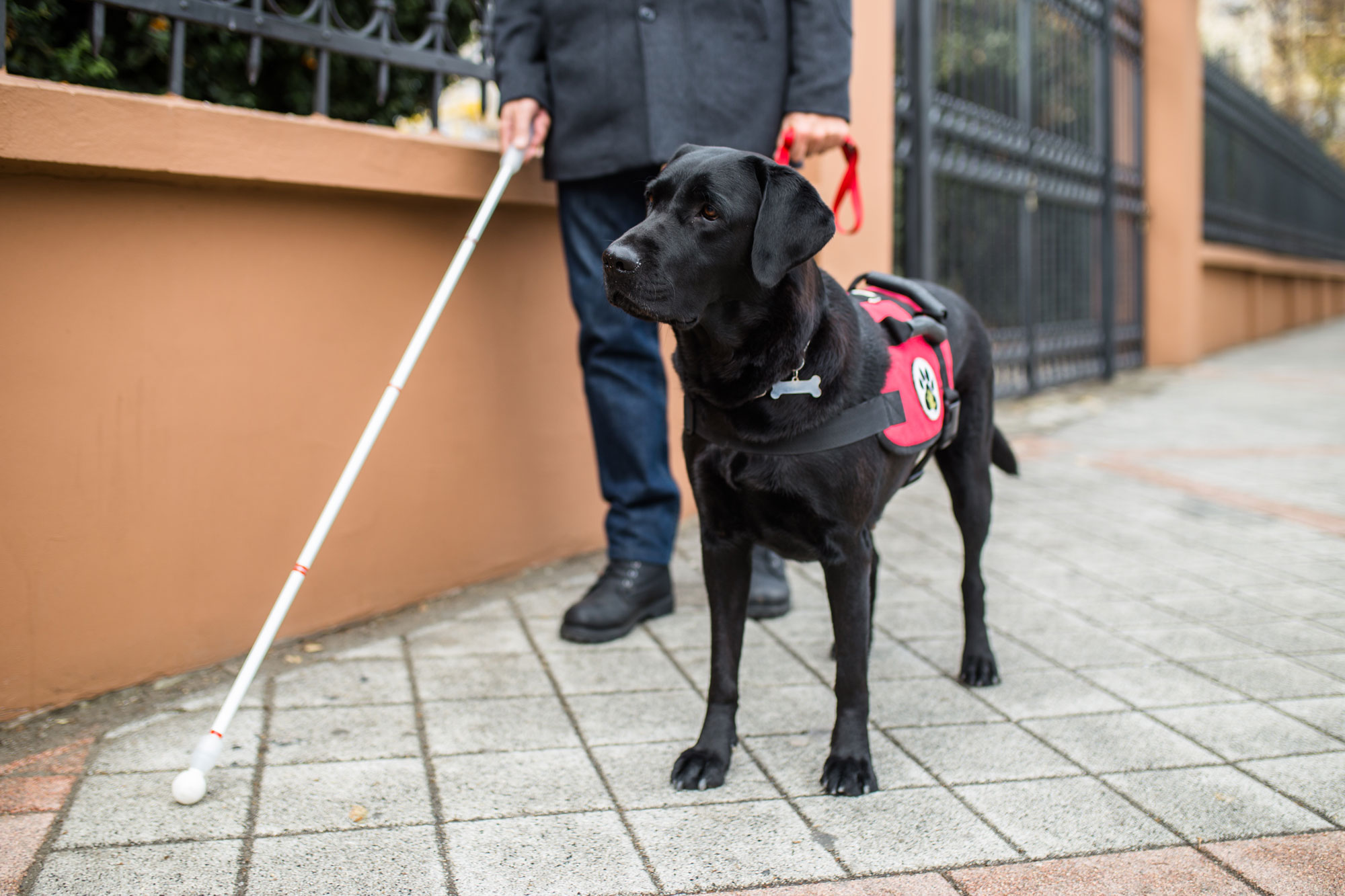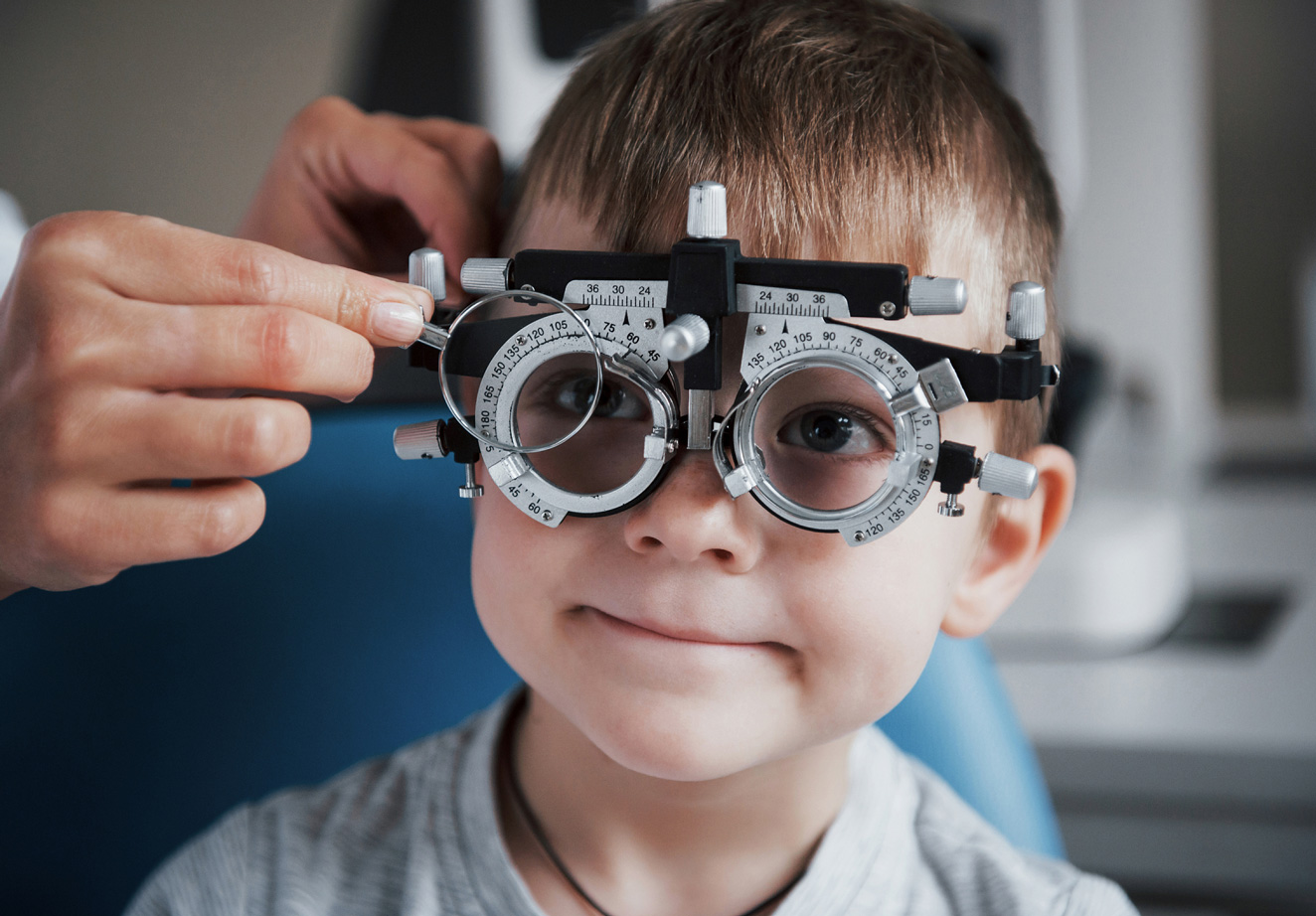Low Vision Devices
Special devices, called low vision aids, can often allow individuals to regain much useful vision. These range from simple magnifiers to complex optical and electronic systems. Low vision experts perform special testing to determine the optimal magnification and type of device(s) appropriate for the individual’s needs and functioning goals. In many states, special telescopic eyeglasses, called bioptics, may enable some visually impaired individuals to obtain or retain their driver's license. Regulations vary from state to state. Individuals should be aware that low vision care services are available that can help support their visual needs while they seek medical treatment.






